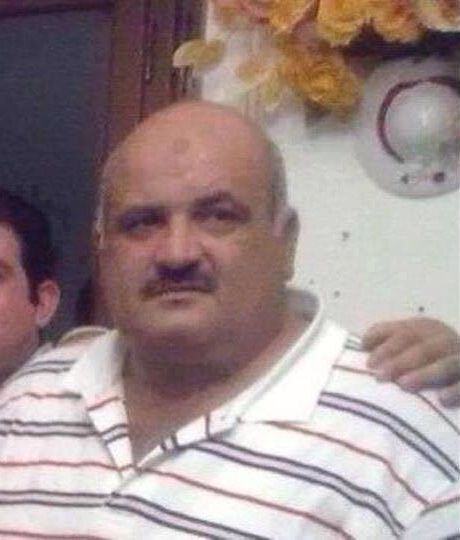By Libya Herald staff.
Tripoli, 10 December 2014:
Human Rights Watch has welcomed the release by the US Senate . . .[restrict]Intelligence Committee of its report into the Central Intelligence Agency’s (CIA) detention and interrogation programme, which included Libyans. However, it insists that publishing the findings is not enough; those responsible for the torture must be brought to justice.
“Unless this important truth-telling process leads to prosecution of the officials responsible, torture will remain a ‘policy option’ for future presidents,” said Kenneth Roth, executive director of HRW.
He went on to say that the report demonstrated that the repeated insistence that harsh measures had been necessary to protect American lives, were fiction.
The report mentioned two Libyans who were tortured by the CIA. In 2004 Adnan Al-Libi, a member of the Libyan Islamic Fighting Group was subjected to three sessions of sleep deprivation, the longest of which lasted for 48 hours. This, the senate committee discovered, was part of what the CIA “standard” interrogation techniques. Perhaps more significantly was the committee’s finding in connection with the CIA’s February 2003 rendition and torture of Ibn Shaykh al-Libi. Libi was asked about Saddam Hussein’s chemical and biological weapons programmes. He said that he told his interrogators what he thought that they wanted to hear, that the weapons did indeed exist. The information was then used by Secretary of State Colin Powell, to justify the Iraq invasion. Libi later withdrew his confession, saying it had been made under torture.
During the years following the 9/11 attacks the US government authorised the use of “enhanced interrogation techniques” on terrorism suspects in US custody. These included water-boarding, stress positions, forced standing, forced nudity, threats of harm to individuals and and their families, sleep deprivation, use of loud music, prolonged isolation and confinement in small spaces. HRW said that Washington had denied repeatedly that these methods constituted torture.
According to HRW, however, those who have argued that the techniques did not constitute torture are compromised by past State Department annual Human Rights reports which have criticised other countries for using the same techniques.
[/restrict]







